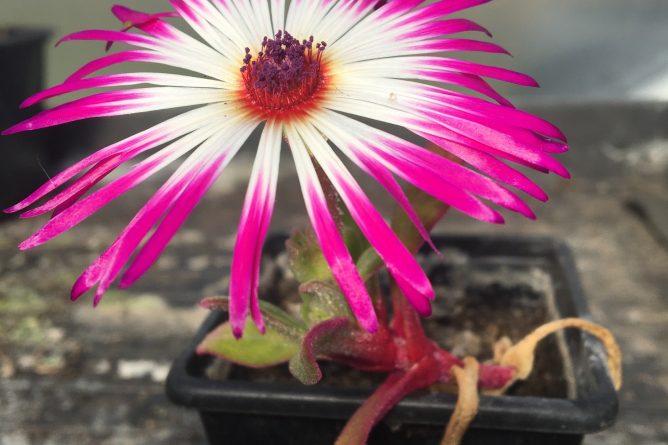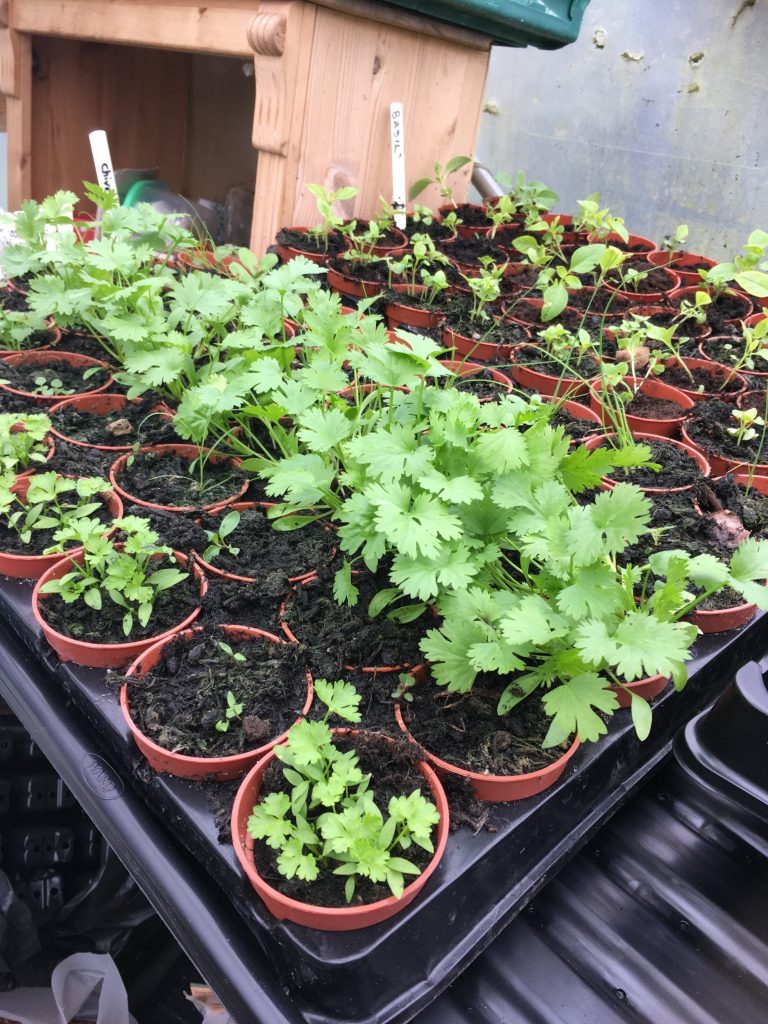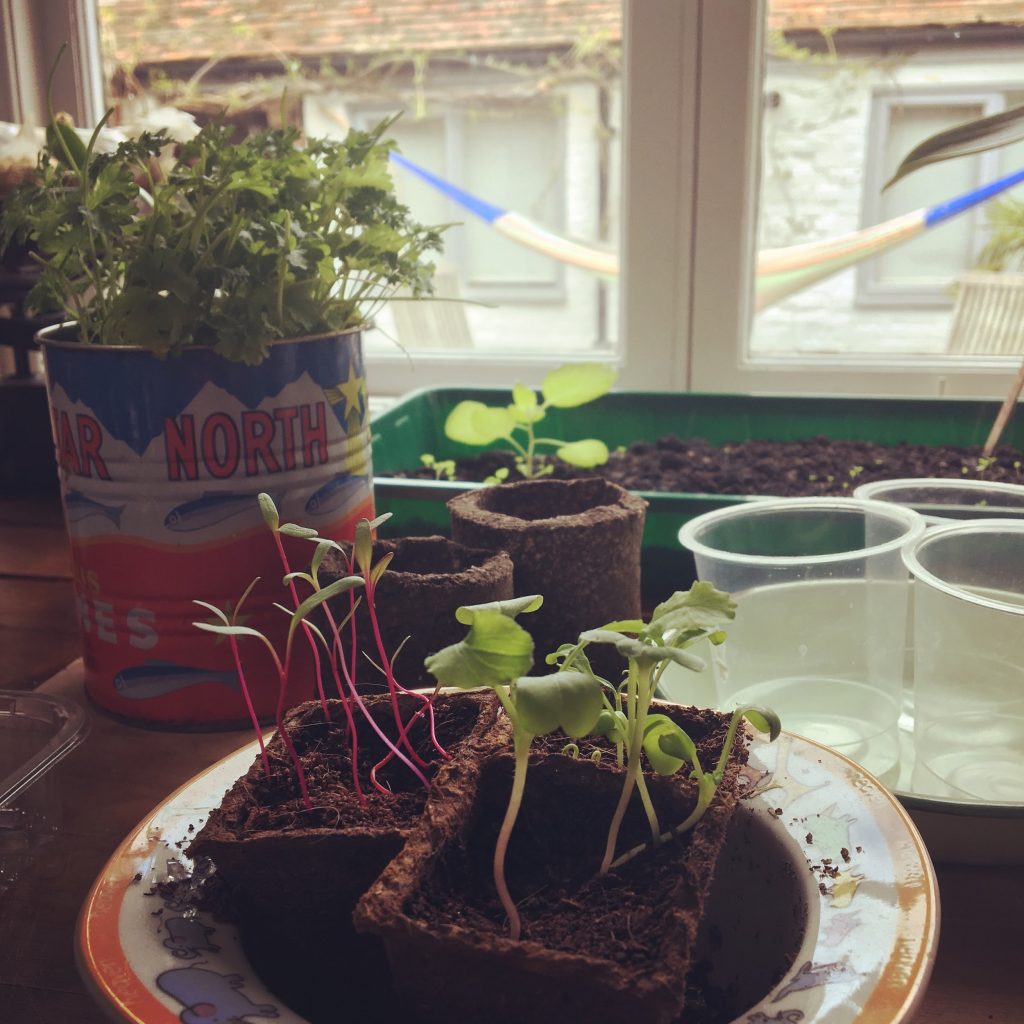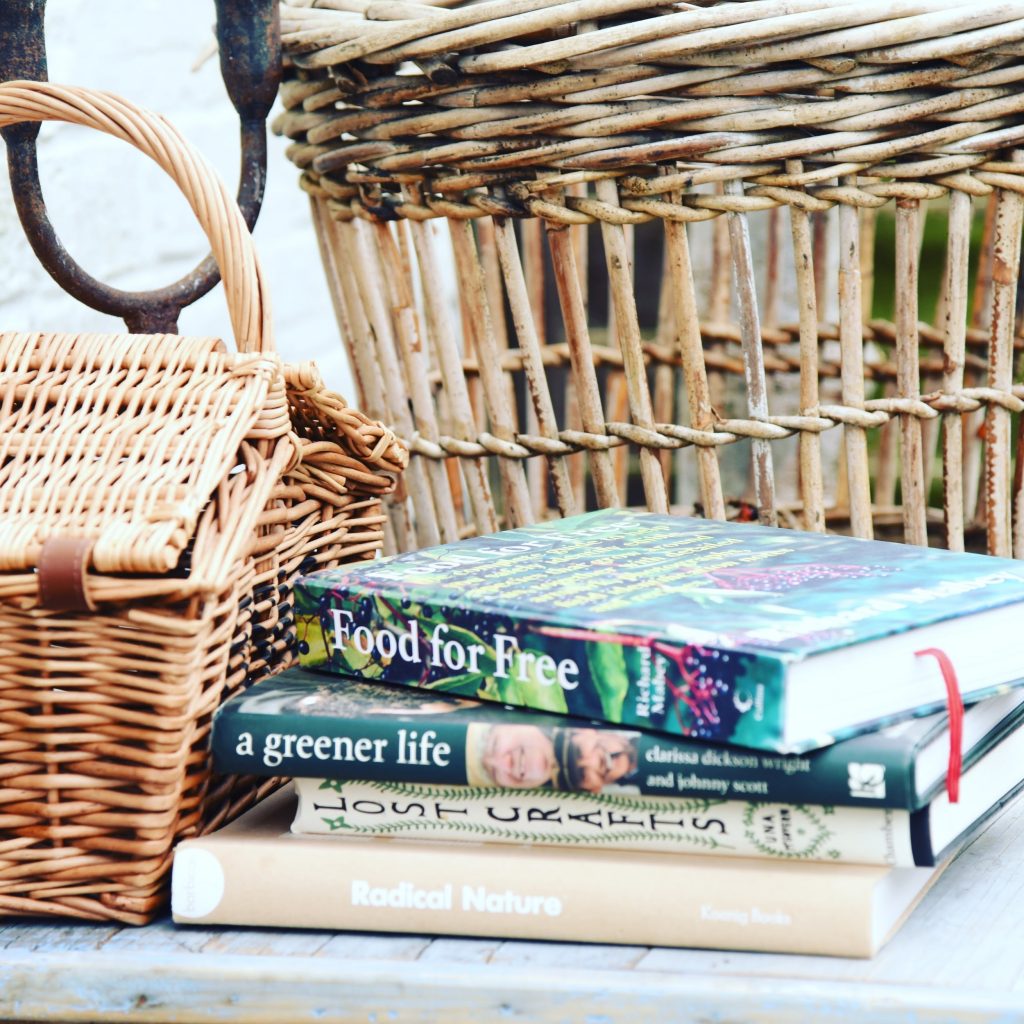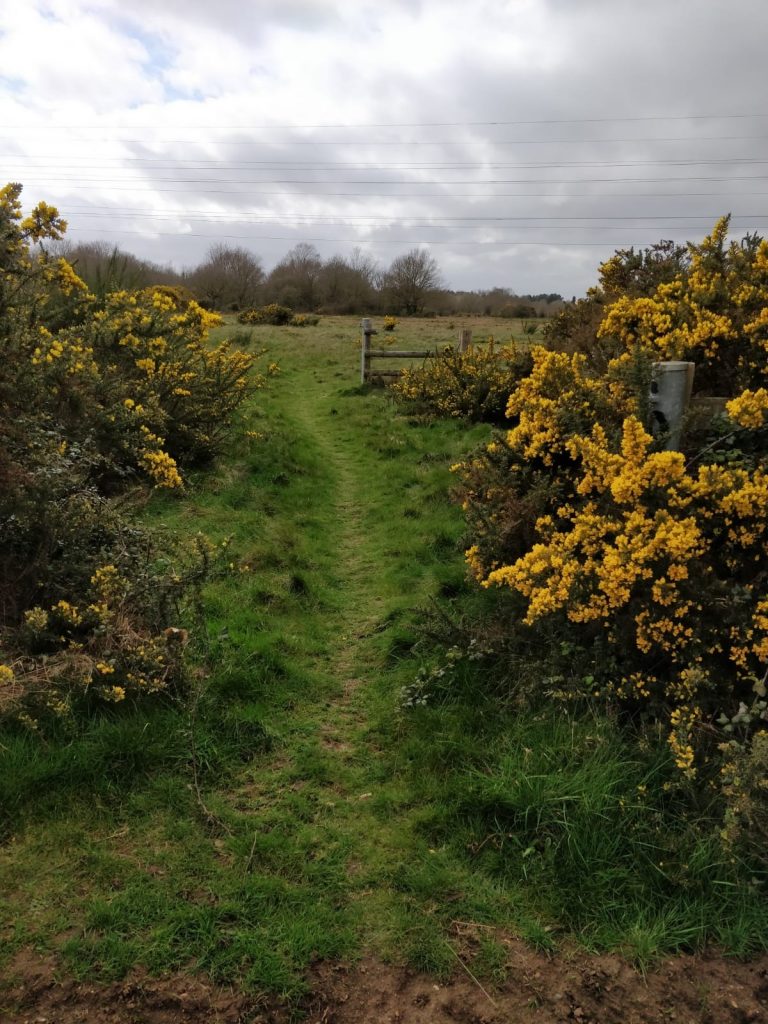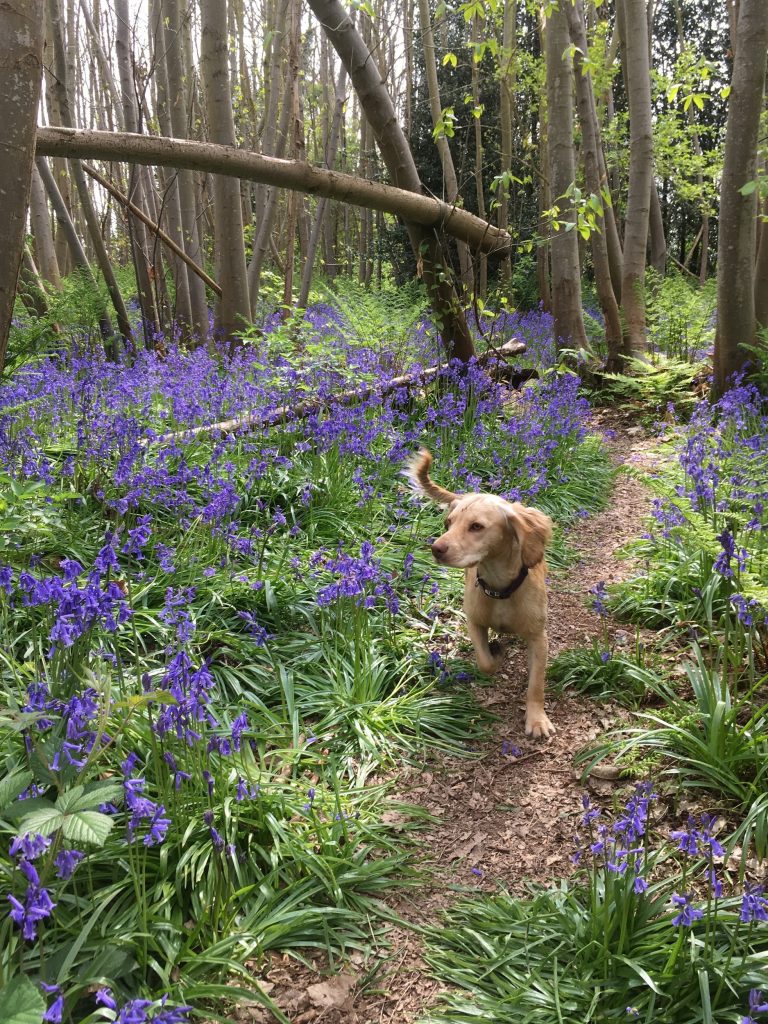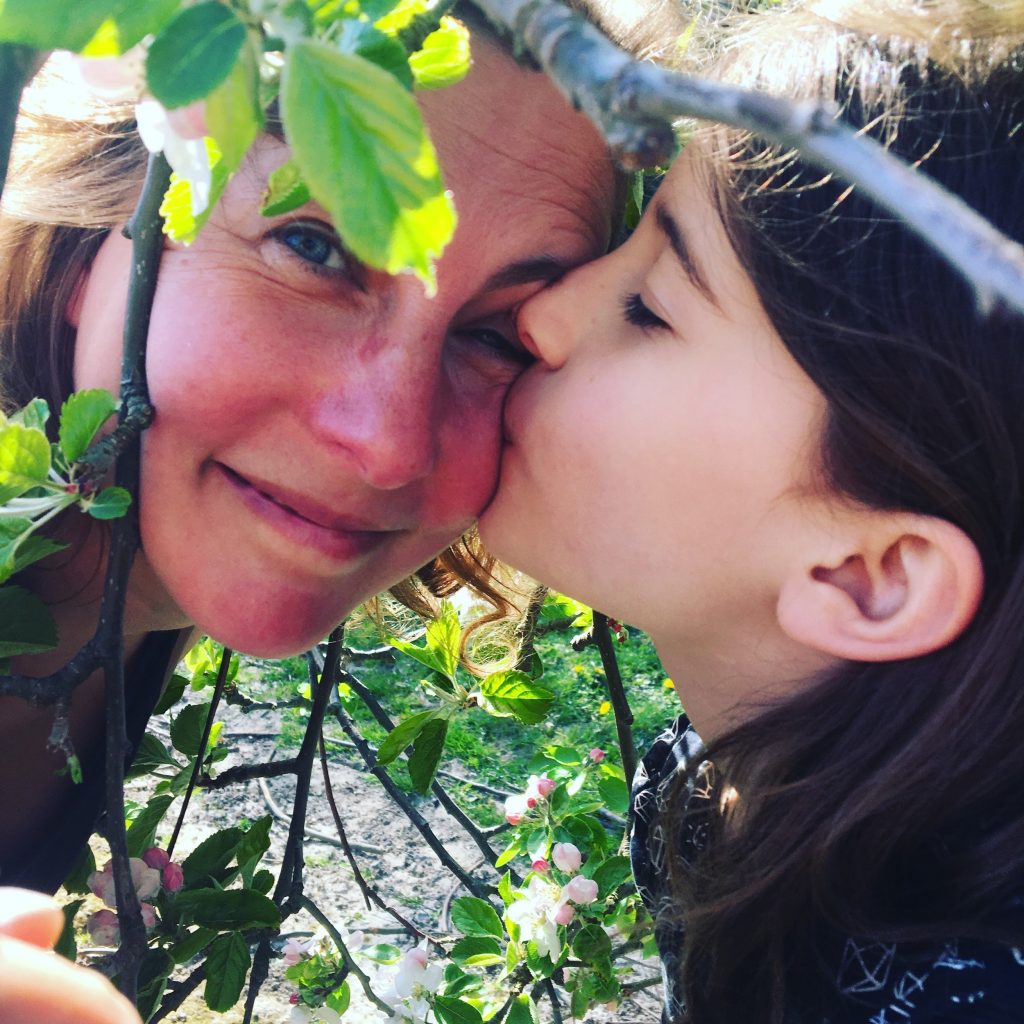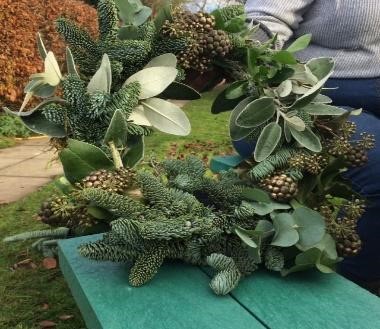
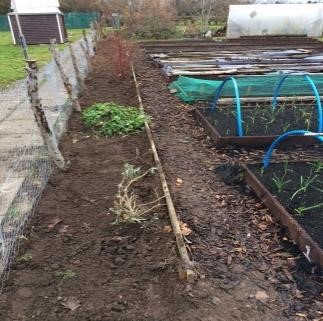
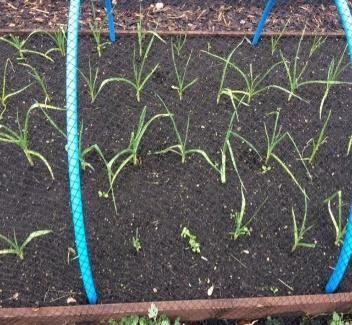
Welcome to Winter 2021 at the garden
Winter greetings from the KentCOG team. We hope you are keeping well despite the continuing Covid challenges. So, what have we been up to this season? We have had a really busy season so far here in the garden as we have moved through Autumn into Winter. A lot of the effort of the group has been focussed on building new beds in the Allotment garden which will make a big difference to maintenance and accessibility as we move into the growing season. We have also been working hard to build a rabbit proof fence around the garden which we hope to finish in January. We learned the hard way last year that our young veg is a very tasty treat to our wild neighbours! We have also started clearing our Flower garden, revealing paths and beds from the old greenhouses that were located there, with the plan to create a pollinator friendly veritable feast of colour and texture to help to increase the biodiversity in the garden. The challenge for this garden will be to plant varieties that not only create a long season of flowering plants for the pollinators and wildlife that we hope will visit, but also varieties that are not too temptingly tasty for our resident rabbits. November also saw the start of our new KentCOG Coordinator, Debi A., who will be running the weekly sessions working alongside Emily M.
What’s happening from January?
From January we have planned a new programme of activities. Our garden sessions, which are open to everyone, will be happening twice a week on Wednesdays and Fridays (10am -2pm) starting Wednesday January 5th. There will also be monthly Wellbeing workshops and regular Sunday Seasonal sessions. Check out our timetable for January, February and March.
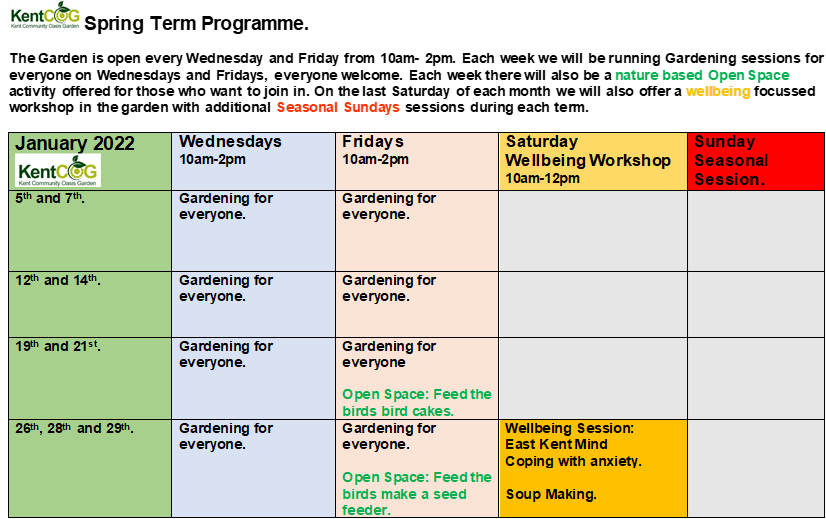
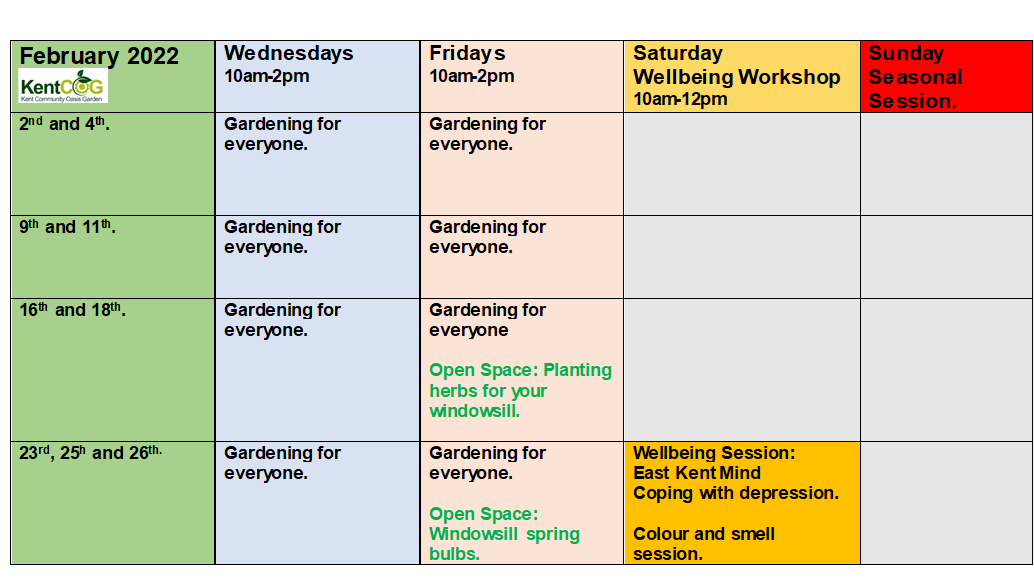
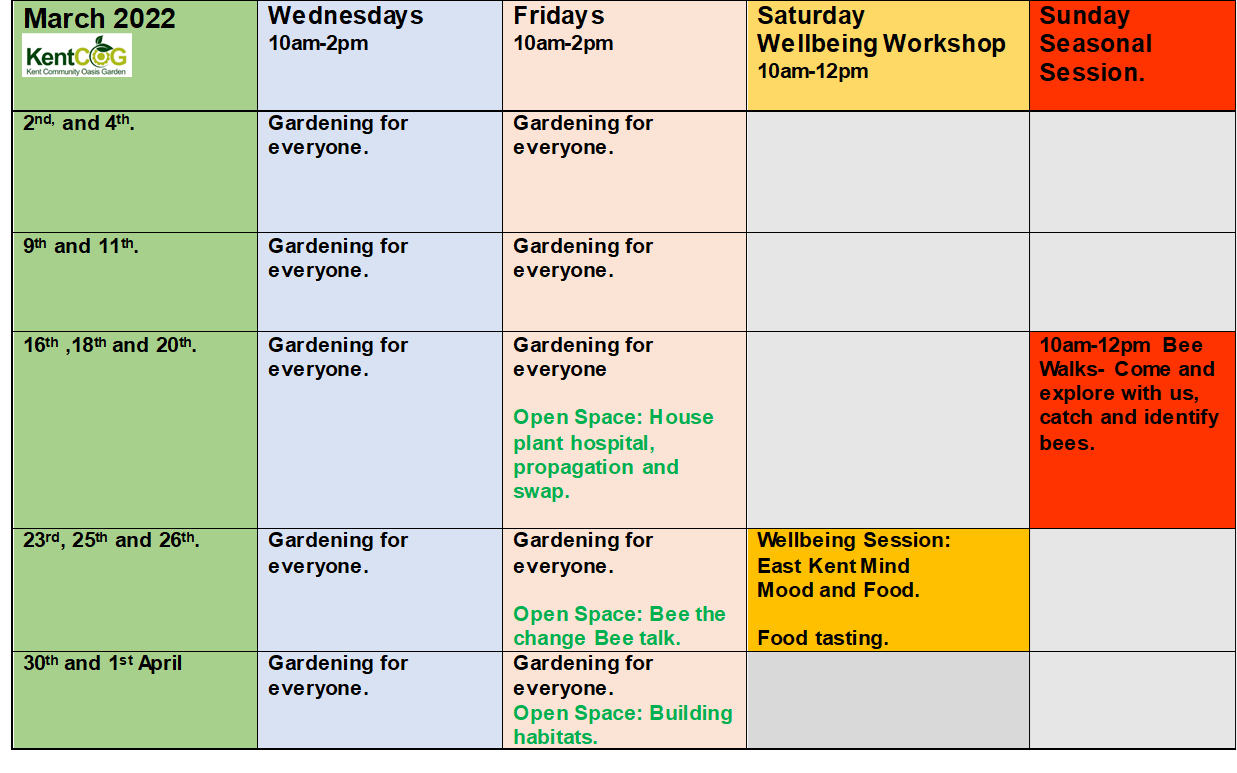
The gardening sessions will continue routinely every week throughout the year, but we may well add new wellbeing and seasonal sessions on Saturdays and Sundays, so keep an eye on the KentCOG website and our social media for any new additions we are offering.
Seasonal Activities
Even though the KentCOG garden is closed from now until January it is good to consider what else we can do outside. At this time of year you can still continue to plant trees and shrubs. If you fancy a challenge, you can take hardwood cuttings of your favourite shrubs or prune open-grown apples and pears (but not those trained against walls), acers, and birches. If the rabbits hadn’t got there first we would be able to harvest our remaining root crops, but unfortunately for us at KentCOG, they’re all now gone. We have however, locked away all our seeds for spring growing in a safe dry place so that the mice will not be tempted. If you have a green garden indoors, it is a good idea to reduce watering of houseplants at this time of year as with the reduced light, lots of our houseplants are much less active and quite dormant so need less water.
A final thought is for the wildlife around us that is active over winter. It’s always helpful to make sure birdfeeders are well stocked and that there is a safe source of freshwater in the garden for any local wildlife that needs it. We are going to be working to increase our small water habitats in the garden next year.
Wellbeing
When the temperatures drop and the daylight dwindles, it can be hard to keep yourself feeling your best. So that’s where a few winter wellbeing life hack reminders come in.
Getting outside can be key. It’s both good for exercise and for your health. It’s said that just 20 minutes a day can help your mental health, boost your metabolism, and make you feel better.
East Kent Mind’s December digital timetable continues to provide a rich array of online workshops. Their website is well worth a visit for all sorts of ways to stay well and connected from yoga to photography.
You can find out more at www.eastkentmind.org.uk
East Kent Mind support line 0808 196 3898
And finally….
We hope you all get a chance to put your feet up over the festive period and enjoy a well-earned rest! When we re-open on 5th January 2022, please come and help us grow again! We look forward to seeing you in the New Year.
Every Wednesday 10 – 2pm (All Welcome)
Every Friday 10 – 2pm (All Welcome)


